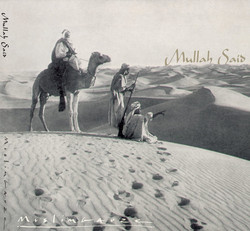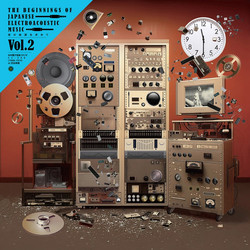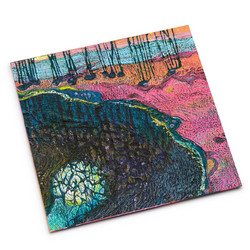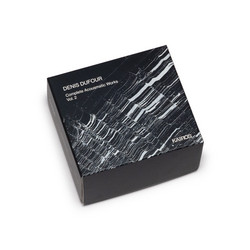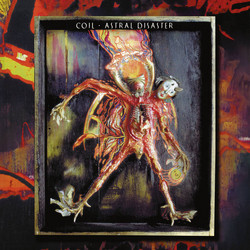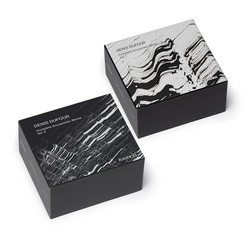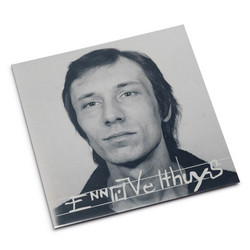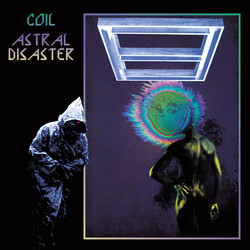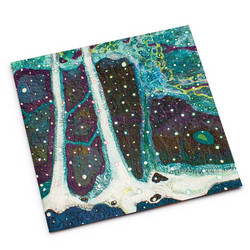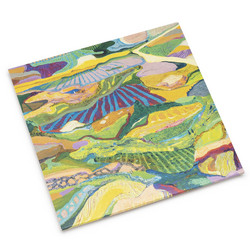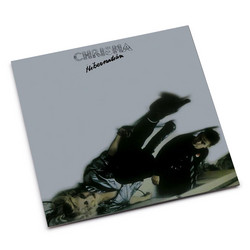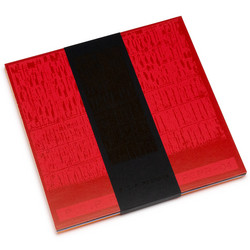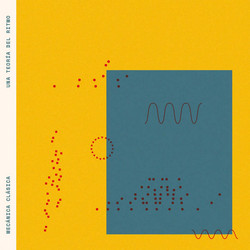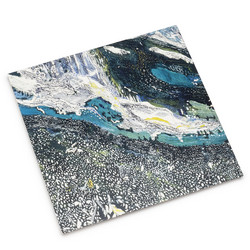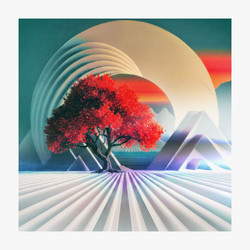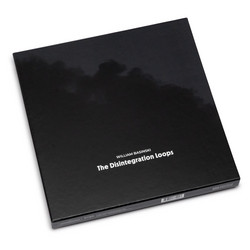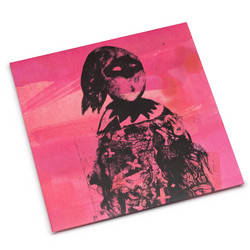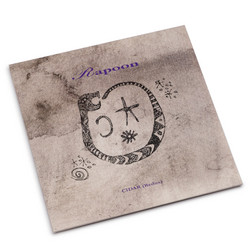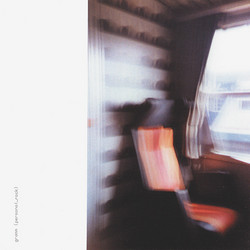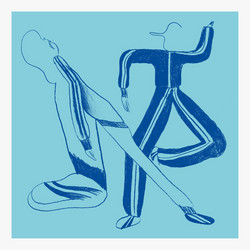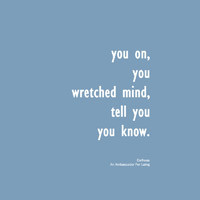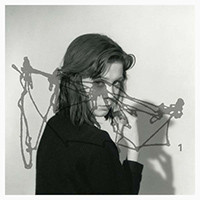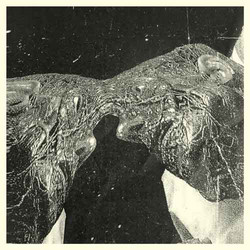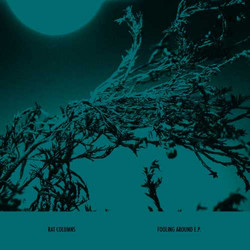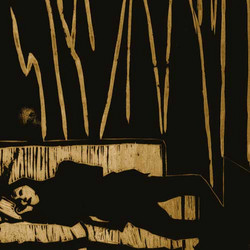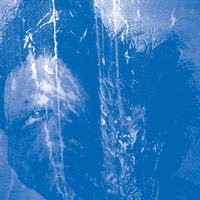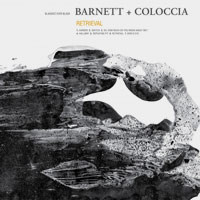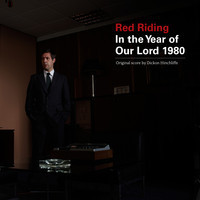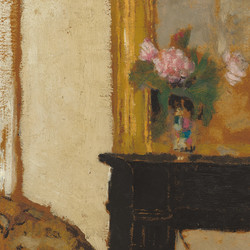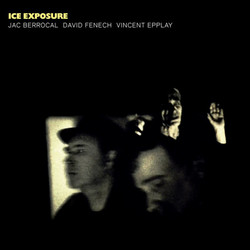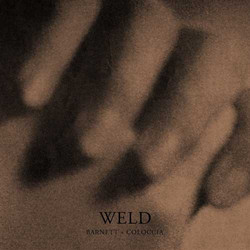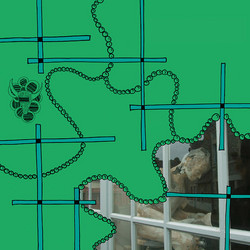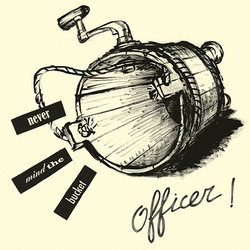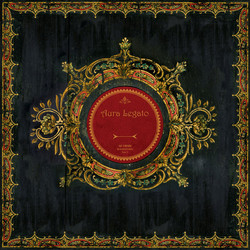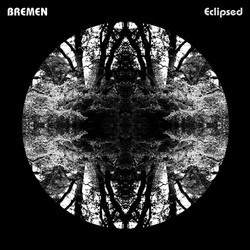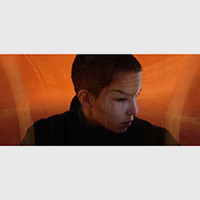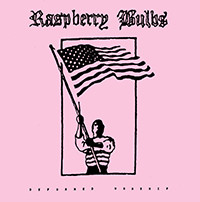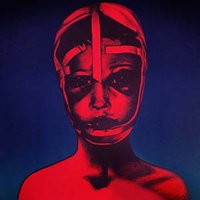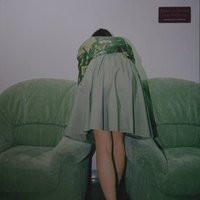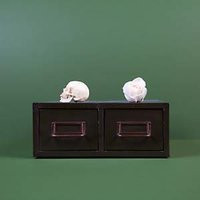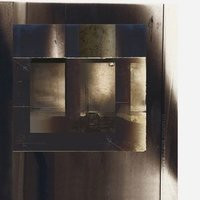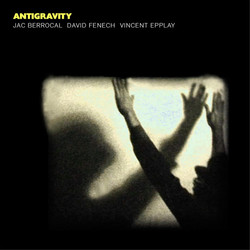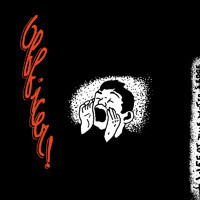Will to be well is the new studio album by Dalhous, their second for Blackest Ever Black. This double-LP, due to be released on June 30th, reflects writer-producer Marc Dall’s continued interest in the life and arcana of R.D. Laing, but also alludes to more universal and enduring mysteries: the relationships between body and mind, illness and wellness, the physical and the metaphysical. The fifteen tracks assembled here also showcase the maturation of a uniquely gifted and expressive composer: Dall’s stirring, efflorescent melodies and stately harmonic architectures, with their grievously honed simplicity, are a delight: lucid, lyrical, immediate. For all the modernity of Dalhous’s approach, the album recalls a bygone era in synthesized and sample-based music, a time when its practitioners were not just set-designers but storytellers too. Will to be well arrives just one year on from the Edinburgh-based project’s tenebrous debut, An Ambassador For Laing, which was released to widespread acclaim in Spring 2013: The Wire praised "a frequently beautiful music, whose often calm surface belies the powerful currents moving beneath it", while FACT called the LP a “wonderfully compelling head-scratcher…opaque, elusive – and fascinating.” Nonetheless, a notable shift in tone has occurred in the fourteen months that have elapsed. If Ambassador was a tussle between darkness and light that ended in stalemate, with Will To Be Will it seems the light might just be winning.
This thread of anxiety runs through the titles and imagery of the songs, which refer not only to Laing and the anti-psychiatry movement, but to the countless self-help strategies and theories of “wellness” that have proliferated in the last 50 years. Those dangerously seductive theories and conjectures that exist in the space between science and mysticism, experiment and ritual, knowledge and intuition. Dalhous’s music is suitably paradoxical, managing to sound at once futuristic and folkloric, both technologically advanced and avowedly pastoral. The elegiac repetitions of ‘A Communion With These People’ and the pagan drones of ‘Lovers Of The Highlands’ speak of Dall and his studio partner Alex Ander’s deep connection to the rugged contours of their native Scottish landscape, while on ‘Four Daughters By Four Women’ and ‘Thoughts Out Of Season’ convulsive post-rave rhythms are employed to evoke ancient natural cycles. Though Will To Be Well is a less obviously eerie album than its predecessor, Dalhous’s nose for the uncanny remains. In the end, it’s an album about surrender and acceptance – about coming to terms with oneself. The idea that your psychic make-up, your condition, your pathology – whatever it might be - is something to be embraced, not fought or improved. Madness is not an illness, but a breakthrough. An essential release of energy. Given the often abstract nature of Dall’s inspirations, the music itself has a remarkable precision and clarity. Despite the emotional ambiguity, it communicates directly and colorfully. Dalhous’s creative process is one of obsessive writing and re-writing, sampling and re-sampling, arranging and re-arranging, but towards a goal of succinct and focussed expression. The production is vivid, pinsharp; nothing in these tracks is vague or half-formed. On the contrary, everything is illuminated; and the music’s most sinister features are hidden in plain sight. Will To Be Well is the real alternative medicine. A defining album from a major young artist. A sane work with disturbing implications.
Free Download included.
